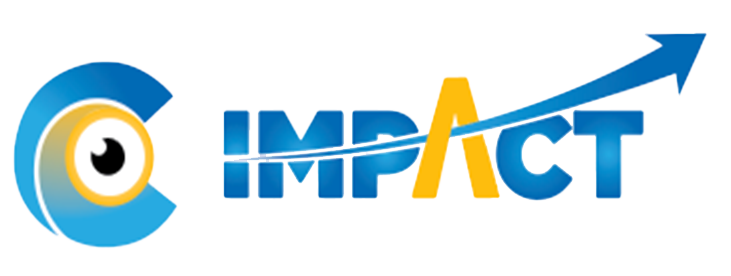Our Mission
Contact UsOur Mission
To improve the lives of children, families, and vulnerable adults by transforming care, education, health, employment and social and public service systems and practices through collective impact models and ecological systems approaches.
In short, we want to change the way we care for each other, and we’re pulling together the village to do it!
With all the money, time and talent being spent, why is it so difficult to make significant positive and systemic change happen?
At a macro level
Human services are siloed across government. Siloed across support organizations. And siloed across direct service programs and providers. This reduces efficacy. Promotes resource scarcity. At best, this creates gaps in helping the very people the systems exist to serve and wasted investment. At worst, there is risk that those very services designed to support our most vulnerable, when delivered in uncoordinated ways, can be counterproductive.
On a micro level
Organizations delivering good and critical work are often under resourced, unnecessarily competing for the same funding as other organizations and are themselves siloed. Overwhelmed, and unable to see connections across sectors of health, social services, education, care and public policy they stay “in their lane” and approach their fundraising and work with a scarcity mindset.
Your Title Goes Here
Your content goes here. Edit or remove this text inline or in the module Content settings. You can also style every aspect of this content in the module Design settings and even apply custom CSS to this text in the module Advanced settings.
Our Theory of Change
Why is making positive change in the delivery of human services so hard?
To answer that question, we look to Dr. Urie Bronfenbrenner’s ecological systems model, which illustrates that a person’s development is influenced by a complex ecosystem of environments and support systems, and pair it with Engel’s bio-psycho-social context.
Our Impact Goals
Our Impact Goals:
By applying our own expertise, collective impact models, and continuous quality improvement based on research we aim to achieve many KPIs.
Our History
After a decade as faculty at another Hopkins Center, Dr. Chris Swanson founded the IDEALS Institute, an applied research and implementation unit focused on improving the lives of children, families and vulnerable adults.
Why C-Impact Exists

C-IMPACT exists to break down these siloes, at both the macro and micro level, to transform ecosystems of care, education, social services, health, employment, and public policy to help all people thrive.
